Do Peptides in Skincare Work?
If you’ve spent any time on TikTok (or SkinTok to be more precise) as of late, you’ve probably heard a thing or two about peptides in skincare. Shrouded as the latest advanced skincare ingredient, peptides, or polypeptides, have been rumoured to reduce inflammation, even out skin tone, improve dull skin, and most famously - reduce the appearance of wrinkles.
So, what do peptides actually do? Are they effective, or even, necessary in skincare?
Let’s get into it.
What are Peptides?
Peptides are chains of amino acids that are actually naturally found in the body. Peptides are known as the ‘building-blocks’ for protein, and perform a bunch of important functions in your body like protecting cells, preventing blood clots, and strengthening the immune system.
Peptides can also be ingested for medicine and muscle-building supplements, as well as topically, for you guessed it - skincare. 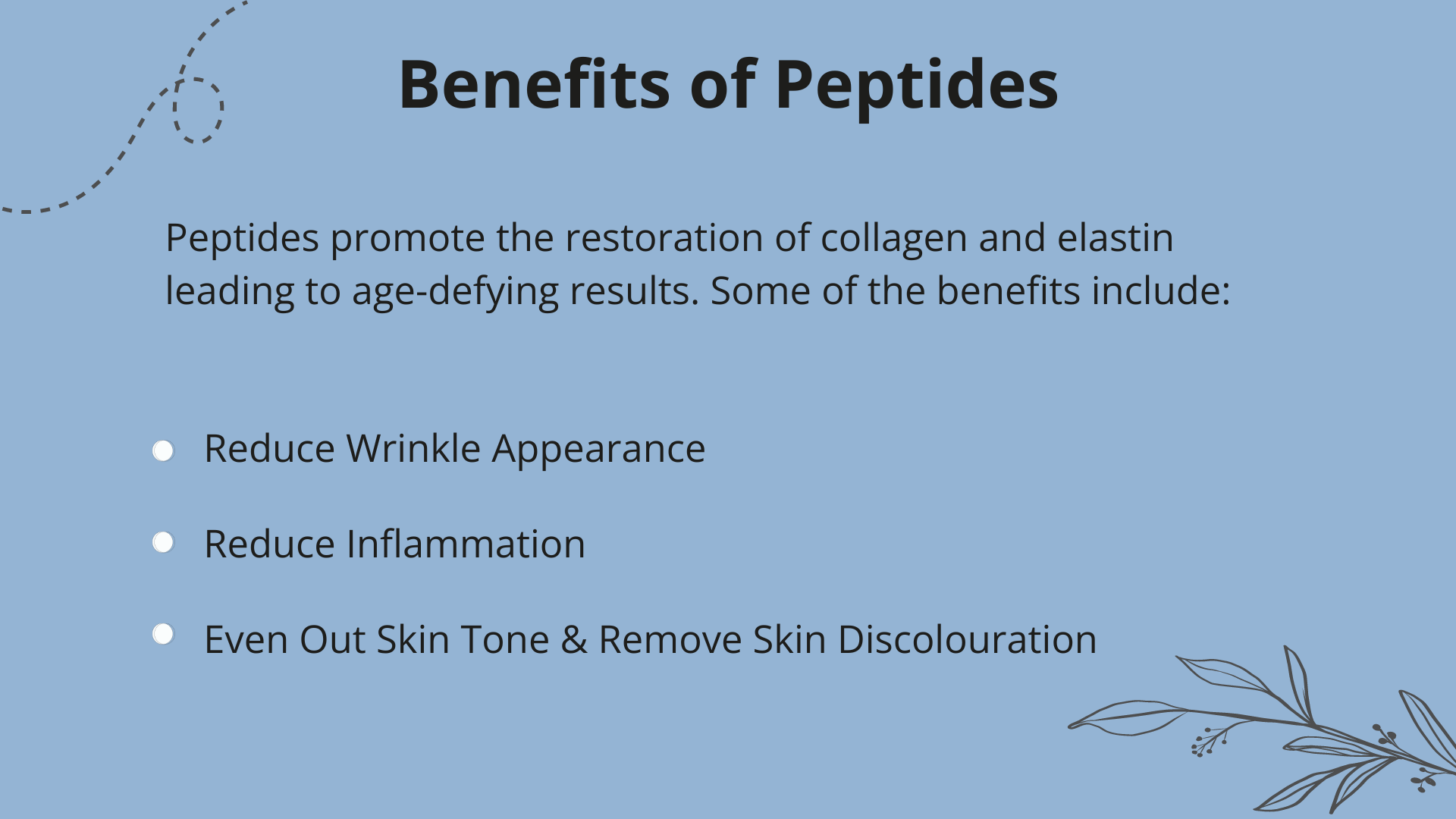
What do Peptides do for Skin?
Specifically in skincare, peptides help to restore proteins like collagen and elastin that have naturally depleted over time. Collagen and elastin are two proteins that occur naturally, but also naturally slow down as we age. Peptides have been shown to increase these two proteins, resulting in age-defying results.
The other benefits that come with using peptide skincare products include reduced inflammation, supporting the skin barrier, and remedying dull skin. Let’s dig a little bit deeper into the anti-ageing benefits of peptides:
Reduce appearance of wrinkles
As we get older, our collagen production will naturally slow down from our mid to late 20s, resulting in a loss of elasticity, and the slow appearance of wrinkles or fine lines. Other things that can slow down collagen production include smoking, UV exposure, and even excessive intake of sugar.
There’s no way to physically stop the process of collagen slowing down - it’s a process that occurs naturally as we get older. However, there are ways to restore collagen once lost. Enter: peptides.
Of course, there are other skincare products that aim to restore collagen and elasticity - you can even use collagen-based skincare products. However, it has been shown that collagen applied directly to the skin is not nearly as well absorbed as stimulating ingredients like peptides.
How? Peptides can actually penetrate the outer layer of your skin, so rather than sitting on top of your skin, they sink in below - sending important signals to cells to produce collagen and elastin. The end result is firmer, fuller, and plump skin.
Reduce inflammation
Certain types of peptides in skincare have been shown to act as an antioxidant, which in turn, provides anti-inflammatory benefits to your skin. Antioxidants have become more favourable in skincare as they essentially hold off and fight free radicals. And free radicals are known to break down collagen, cause environmental damage, and irritation. In short: free radicals = bad. Antioxidants = good.
Acting as an antioxidant, some peptides have been shown to reduce and soothe skin irritation. Making peptides in skincare ideal for sensitive or reactive skin, the ingredient can encourage a calmer, more balanced skin complexion.
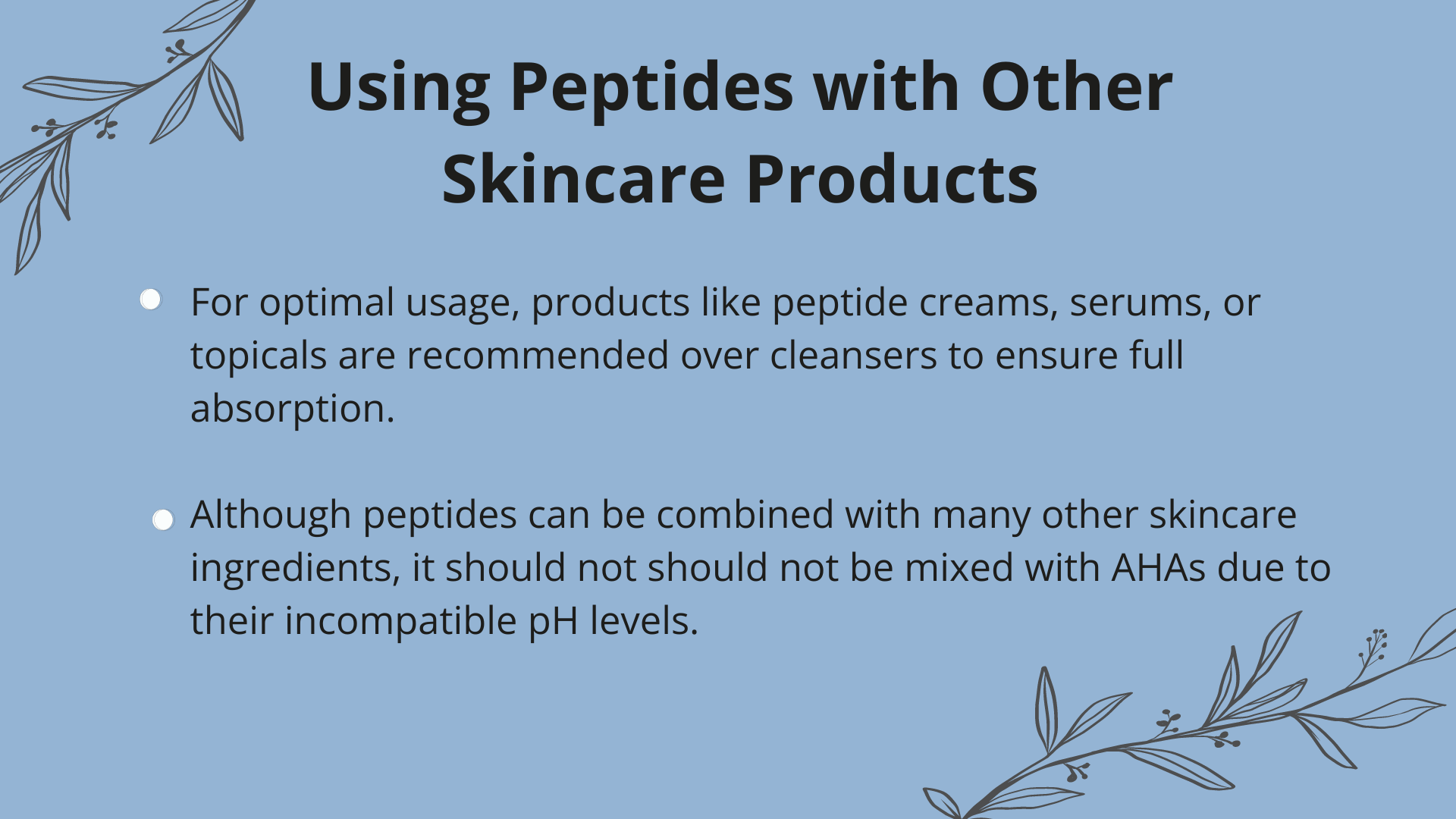
Even out skin tone
Peptides will work to promote wound healing, which is fantastic for clearing acne, and reversing pigmentation from things like sun damage. Peptides can actively work to even out skin tone and remove areas of discolouration and dark spots.
Not only can peptides fix uneven skin tone, but it can also prevent it too! Peptides essentially work by preventing and blocking the production and activation of an enzyme called tyrosinase, which is what causes melanin; the pigment that provides skin its colour. Blocking this pathway, peptides make it much harder for the skin to develop pigmentation, uneven skin tone, and dark spots.
Are Peptides Necessary in Skincare?
Did you not read through the benefits above? Reduced inflammation, an even skin tone, and reduced wrinkles?
You’d be forgiven for thinking it’s all too good to be true. And thanks to social media, there’s a continual stream of different skincare ingredients that seem to get favoured each week. It’s only natural to be somewhat sceptical of the next best ingredient or skincare product; as there are plenty of ridiculous claims that only make for slow or subpar results.
However, peptides are the real deal.
Peptides may not be necessary in every skincare routine, but they have been shown to be more gentle than other ingredients like retinol or AHAs for similar results. Peptides can be used by most - whether you’re concerned by premature ageing or depleted collagen, or you’re looking for an all-rounder that will even out skin tone, fight inflammation, and make your skin firm, plump, and smooth.
How to Use Peptides in Skincare
At BONIIK, we stock a wide range of Korean skincare products that boast peptide as one of their main ingredients. We recommend using a peptide cream, serum, or other topical; rather than a cleanser, as this will ensure your skin absorbs every drop.
Peptides can be combined and used in conjunction with other skincare ingredients like vitamin C, niacinamide, and hyaluronic acid. However, it’s recommended not to mix peptides with actives like AHAs (Alpha Hydroxy Acids), as the PH is not great for peptides.
Some of our favourite peptide-filled products at BONIIK include:
The Face Shop Dr. Belmeur Advanced Cica Peptide Ampoule
Formulated with five different types of peptides, the Advanced Cica Peptide Ampoule is known for being gentle on sensitive skin, and can be used daily for soothing, revitalising effects.
A potent peptide solution, the MIZON formulation works by improving skin elasticity and cell regeneration; resulting in silky smooth, plump skin.
COSRX The 6 Peptide Skin Booster Serum
A crowd favourite, the COSRX peptide skin booster serum is famously made with six different peptides, and is suitable for all skin types. A multi-tasker at heart, the serum has been shown to stimulate collagen, brighten the skin, and keep pores clear. A winner in our eyes!

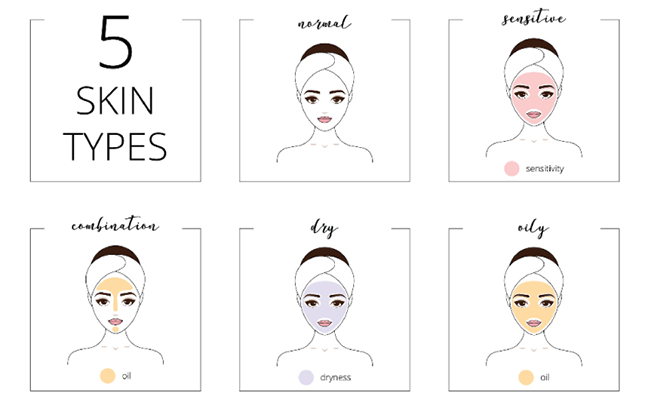

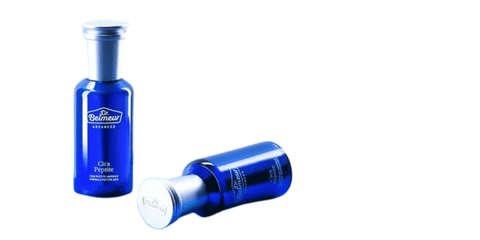
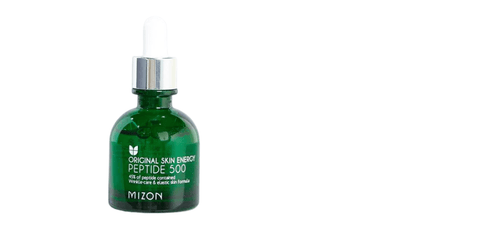
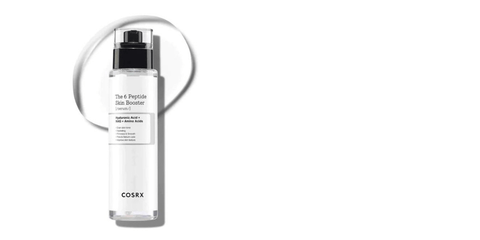
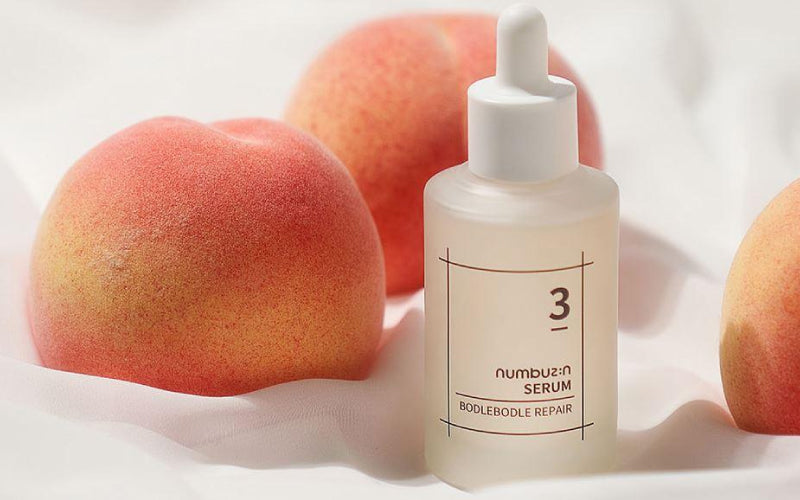
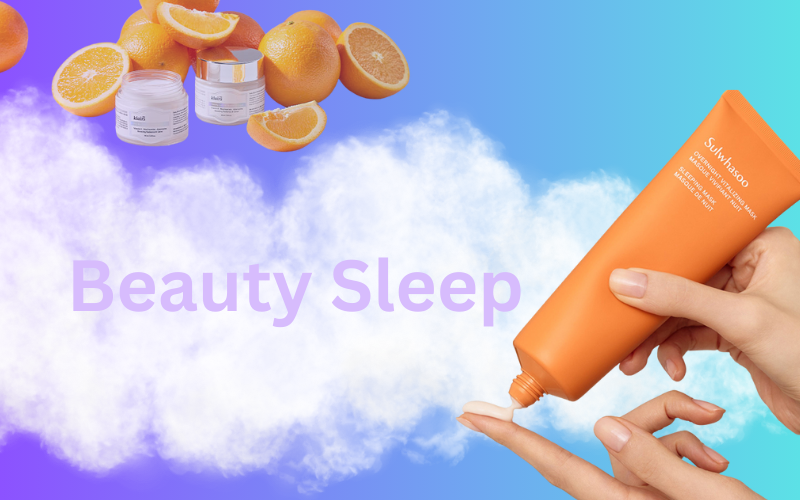
Leave a comment
This site is protected by hCaptcha and the hCaptcha Privacy Policy and Terms of Service apply.